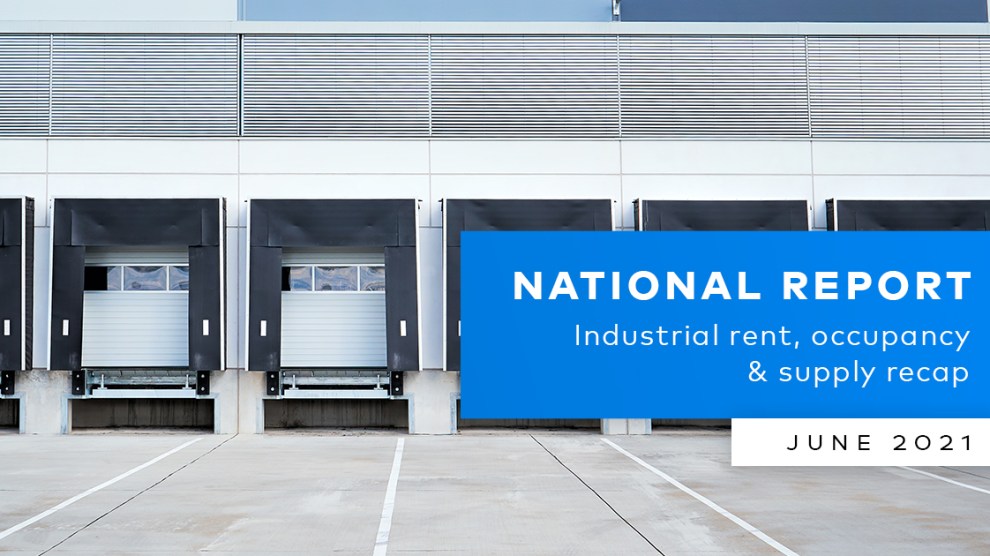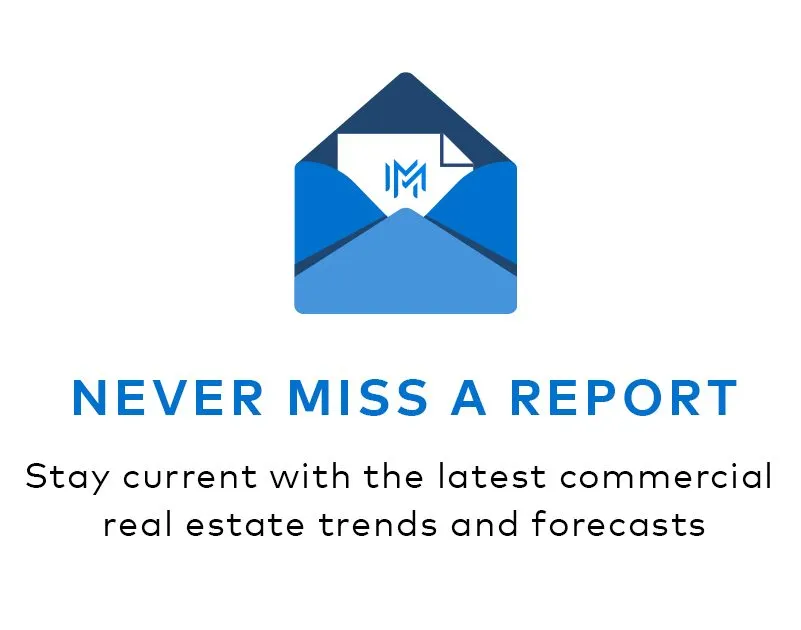Sale-Leasebacks Become Commonplace
■ Sale-leasebacks, a transaction in which a company sells the commercial real estate it owns while simultaneously signing a long-term lease with the new owner and continuing to occupy the property, have become increasingly popular in the industrial sector during the pandemic.
■ Current market conditions have made sale-leasebacks appealing for both buyers and sellers. Companies in industries that were hit hard by the pandemic have been able to gain quick access to capital by selling their real estate assets as they have struggled to stay afloat. Even if a firm is not struggling, the increased cash flow from a sale-leaseback can be reinvested in the business, used to pay down debt or increase working capital. For investors, sale-leasebacks provide another entry point into the red-hot industrial sector while eliminating the need to search for a tenant. Record low interest rates mean that even a low cap rate on a sale-leaseback can be more appealing to investors than a low-yield bond.
■ Yardi Matrix has identified 245 sale-leasebacks in 2020 and 150 so far this year, a total of $4.8 billion over 17 months. Sale-leasebacks accounted for 7% of total sales volume last year and 9% in the early months of 2021. The average price of a sale-leaseback since the start of 2020 is $116 per square foot, higher than industrial properties as a whole over that time, which was $93 per foot.
■ Kohl’s was responsible for the two largest industrial sale-leasebacks in 2020, selling two facilities in the Inland Empire for a combined $195 million to Brookfield Properties. This made sense for the company at the time, as apparel store revenues were hit hard during the pandemic, since demand for new clothing fell during quarantine. The sale-leaseback of the two facilities allowed the company access to additional capital while restructuring some of its operations during the pandemic. Recently, a group of activist investors has been leading a push for Kohl’s to undertake additional sale-leasebacks to fund share buybacks and increase earnings per share. For now, the company is resistant to these investors, citing a desire not to increase rent levels on its balance sheet and concern that undertaking additional sale-leasebacks could hurt its investment-grade status.
■ Other notable sale-leasebacks include KPR’s $47.0 million purchase of two cold storage facilities in New Hampshire, Mercer Foods’ $40.1 million sale in California’s Central Valley, and BluePrint Studios’ $39.0 million sale in San Francisco, where the company signed a five-year leaseback with long-term plans to relocate.
Read the full Matrix Industrial National Report-June 2021











Add Comment